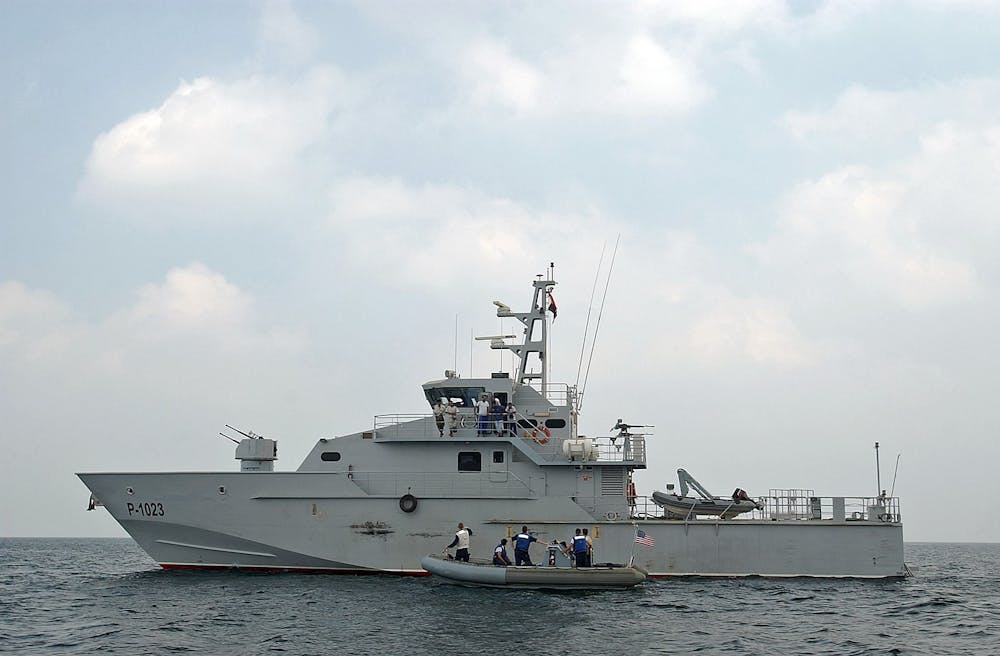By Rajika Chauhan
Staff Writer
The war in Gaza has further inflamed pre-existing tensions in the remainder of the Middle East, made apparent in the heated activity between the Yemeni Houthis and cargo ships in the Red Sea.
According to the New York Times, the Houthis are a rebel militia which usurped control over the northwestern part of the country in 2014, igniting a humanitarian crisis which has left the majority of Yemen’s population impoverished and hungry. The Iran-backed Houthis were a major cause of concern for Saudi Arabia at the time, which began a bombing campaign in attempts to restore control of the nation to the Southern Transitionist Council, the opposition government which has maintained control over the country’s southern region. This aggravation of conflict progressed into nearly 10 years of deaths and devastations in the wake of rampant fighting and starvation.
Prior to the onset of the Israel-Gaza war in October, the crisis in Yemen had appeared to reach an inflection point, with negotiators acting on behalf of Saudi Arabia and the United States working to establish peace between the Houthis rebels and establishment government. According to AP News, both parties had come to the table in preparations for a peace deal, although the Houthis had already begun their attacks on ships passing through the Red Sea.
Jake Sullivan, the U.S national security adviser, had celebrated the quieting of the political situation in Yemen in an essay, stating that it could be attributed to “persistent and principled U.S. diplomacy.”
The beginning of the war in Gaza brought an end to headway in peace talks, as the Houthis vowed to attack any ships in the Red Sea they believed to have ties to Israel, according to the BBC. Many of these attacks have included assaults on U.S. and British freighters, drawing the ire of the United States. In the past few months, the U.S. has once again designated the Houthis a terrorist group after a prior reversal, and anti-Houthis groups have surged on the opportunity to call for international support in removing the rebels from control.
According to the NYT, the anti-Houthis Southern Transitionist Council is helmed by an eight-member presidential council, which has been regularly divided on every topic other than opposition to the Houthis’ regime. It is the internationally recognized government of Yemen, and its leaders have been outspoken on the need to curb the outgrowth of the Houthi’s faction, even at the expense of peace talks.
In January, Amr Al Bidh, a senior official of the STC, accused the U.N.'s “road map” to peace of being masterminded by the Saudis, with the potential to further enable Houthis activity.
“These regions must be liberated from Houthi control,” he said in a briefing with the international news media. “The solution is to eliminate the Houthis’ military capabilities.”
Despite its cautionary steps, the U.S. has refused at this point to provide military backing to any anti-Houthis militias or groupings, and appears to be continuing with caution in hopes of restoring the progress towards peace, which had been developing prior to Oct. 7. This has not stopped it from taking bold steps in other regards, such as the terrorism designation returning to the Houthis in mid-January.







